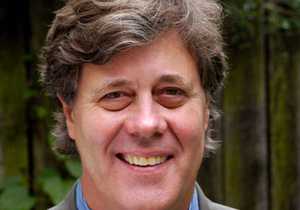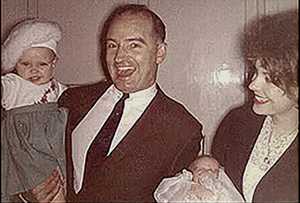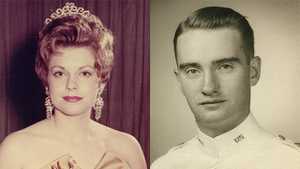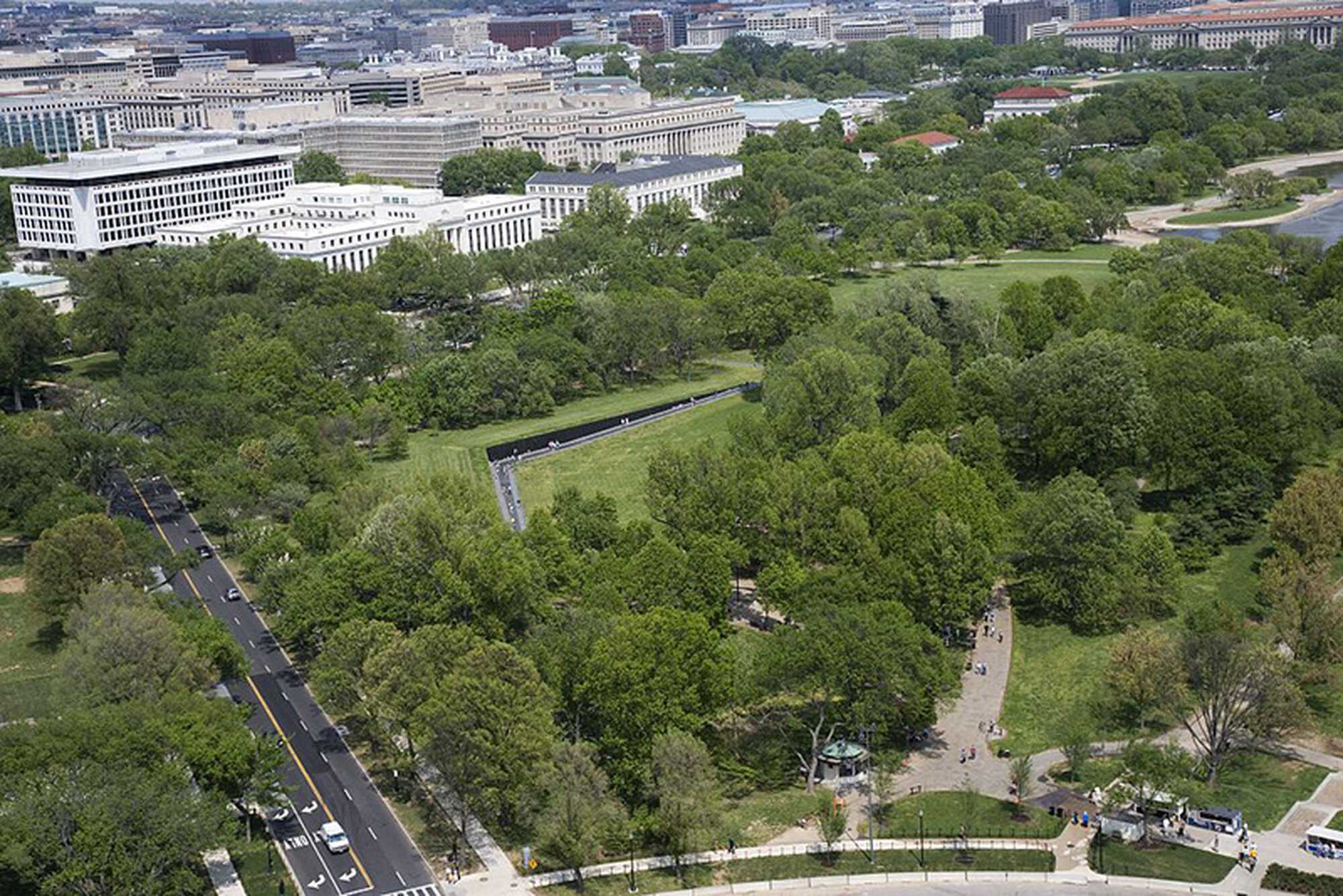
They stood on opposite sides of the Vietnam divide, the student opposing the war in which the infantryman fought. But fate would bring Dave Wagner and Michael Arias together in a way neither could have imagined, even as the U.S. and Vietnam moved down the tentative path towards reconciliation.
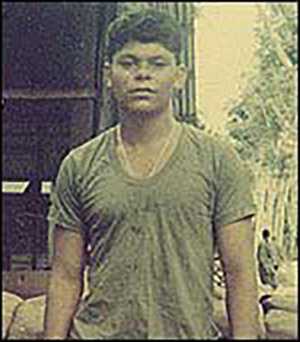
The Infantryman
Michael Arias could have avoided the draft easily enough; living in an Arizona town on the border with Mexico, he could have walked south a few blocks and gotten out. But Arias stayed and was sent over to join Alpha Company of Terry Allen's Black Lions battalion, serving as a radio operator. Writing to his mother at the beginning of the October 1967 search-and-destroy operation called "Shenandoah II," Arias had a feeling that it "might make the headlines back home." On the morning of October 17, he was in Alpha Company's left file, tenth from the front, and just before the shooting started, he noticed movement in a nearby tree. During the ambush, which Arias later described as "the most terrible two hours I have ever spent in my life," he read a compass and figured out an escape route for Alpha's survivors. In a letter home to his mother, Arias wrote, "Out of my platoon -- 4 made it back to the perimeter without a scratch -- I was one of the 4 -- I don't know how I did it but God was with me."
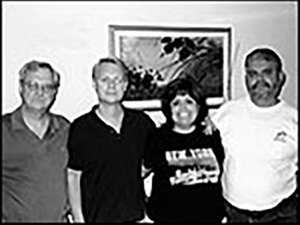
The Antiwar Student
University of Wisconsin senior Dave Wagner was never one to be at the front of protests; although he opposed the war, Wagner preferred a more literary approach. He was an editor of the student newspaper Connections, created after the anti-Dow protests of February 1967 as an alternative to the more mainstream Cardinal for which Paul Soglin wrote. Wagner had been studying in his apartment when demonstrators occupied the Commerce building on October 18. Summoned by his wife when things turned violent, Wagner arrived in time to join a crowd outside Commerce that was screaming at the police. Finding other Connections staffers there, Wagner immediately began work on a special issue devoted to "The Great Dow War."
Reconciliation
Wagner's work at Connections marked the beginning of a career in journalism that eventually took him from Madison to Arizona. His son Ben, who was born in 1968, attended University of Wisconsin and returned to Phoenix in 1991, where he worked for AT&T and began dating a co-worker named Theresa Arias. On October 17, 1996, the 29th anniversary of the ambush he had escaped without a scratch, Theresa's father Michael observed his annual tradition of visiting the grave of a fallen comrade in Phoenix. That night he met Dave Wagner for the first time, and two days later their children were married. Despite their different backgrounds, and their activities a world apart over a few days in October 1967, the fathers got along fine and found themselves in considerable agreement about Vietnam.
Normalizing Relations
In the years before Theresa and Ben fell in love and their fathers met, America and Vietnam experienced a gradual rapprochement that would culminate in the establishing of diplomatic ties in 1995. President Bill Clinton, whose avoidance of military service had become an issue in the 1992 election, appointed former prisoner of war Pete Peterson as the first American ambassador to Communist Vietnam. Nearly three decades after disagreements over U.S. involvement in Vietnam divided a nation, Americans like the Arias and Wagner families were able to reconcile their differences, even as the two formerly warring nations normalized relations.




